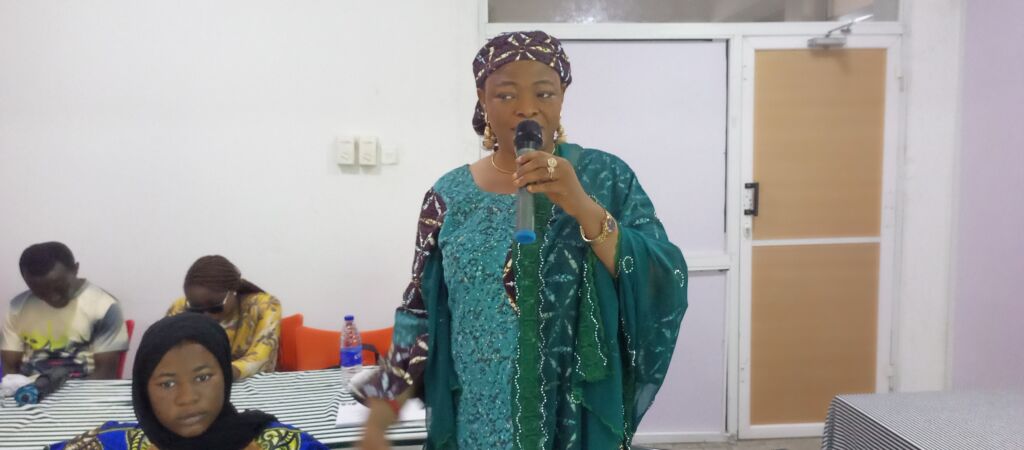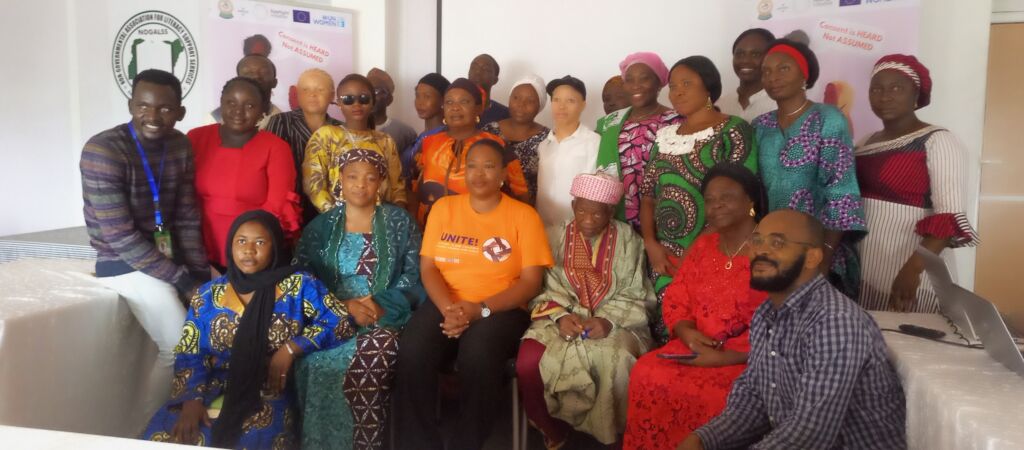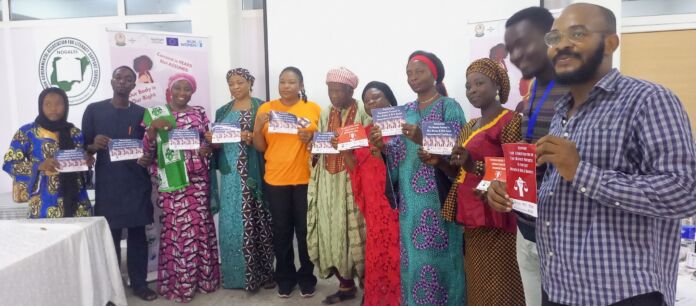Everyday the consequences of culture of silence has kept many women under the bondage of sexual and domestic violence. It is against this background that the Association of Wives of Federal Capital Territory, FCT, Traditional Rulers, AWRT has organized a dialogue.
The interaction pulled individuals, civil society groups and representatives of the Government on Violence Against Persons Prohibition, VAPP, Implementation, and integration of Violence Against Women and Girls, VAWG responses into sexual and reproductive health, education, and migration.


It was also championed in partnership with Open Arms, Community Aid and Girl Child Support Initiative, COMAID, members of WRAPA and TEN PILLAR Partners. targeting vulnerable groups sharing their experiences and interventions they have embarked on to end traditions of keeping quiet within their community.
Chief Project Director, Ambassador (Hajia) Gimbiya Hannatu Usman Nga, said “I’m pleased that we are achieving the purpose of this meeting. Let’s try to put in advocacy in every activity we are carrying out so that the issues of gender based violence can be reduced.
She noted that when cases are brought to the AWRT they are attended to in confidentiality to protect the victims.

“Our work is to assist our children our neighbours and all the communities. We are on the radio constantly speaking to these issues. We have 17 chiefdoms in the FCT. and we discovered that 80% of us are educated but we fold our arms and watching the mess happened in the society.
“That is why we have come out in full force to cry before God to help our children.I am happy for all the contributions that you are all making. We follow cases carefully so that we can have good success
“For example, there is a story of an orphan, Khadijah, who had to leave with family members but was forced to marry a man with three wives the lady located me from keffi. My husband and I intervened . She said she doesn’t want the marriage but will like to go back to school. As of today the lady is in secondary school Apo.
“If I had turned her back when she came to me, we wouldn’t have known the story today. I traveled with her to a very remote village to see her ordeal.
“We also have another woman who married a man willfully but he ended up molesting her. She also called us for help and we intervened, she has left the marriage. That is why we say “speak out.” to enable us help you.
“We should not be dying because of marriage or our children. I charge you today that as women we should find ways of solving our issues amicably in our homes because we have to be in the home to take care of it .”
Highlights of the dialogue was when participants shared experiences on how best to seek redress on issues or spousal abandonment, co-parenting and domestic violence, inter tribal or cultural marriage rejections, and even accepting pregnancies from girls who were put in a family way by their sons.



